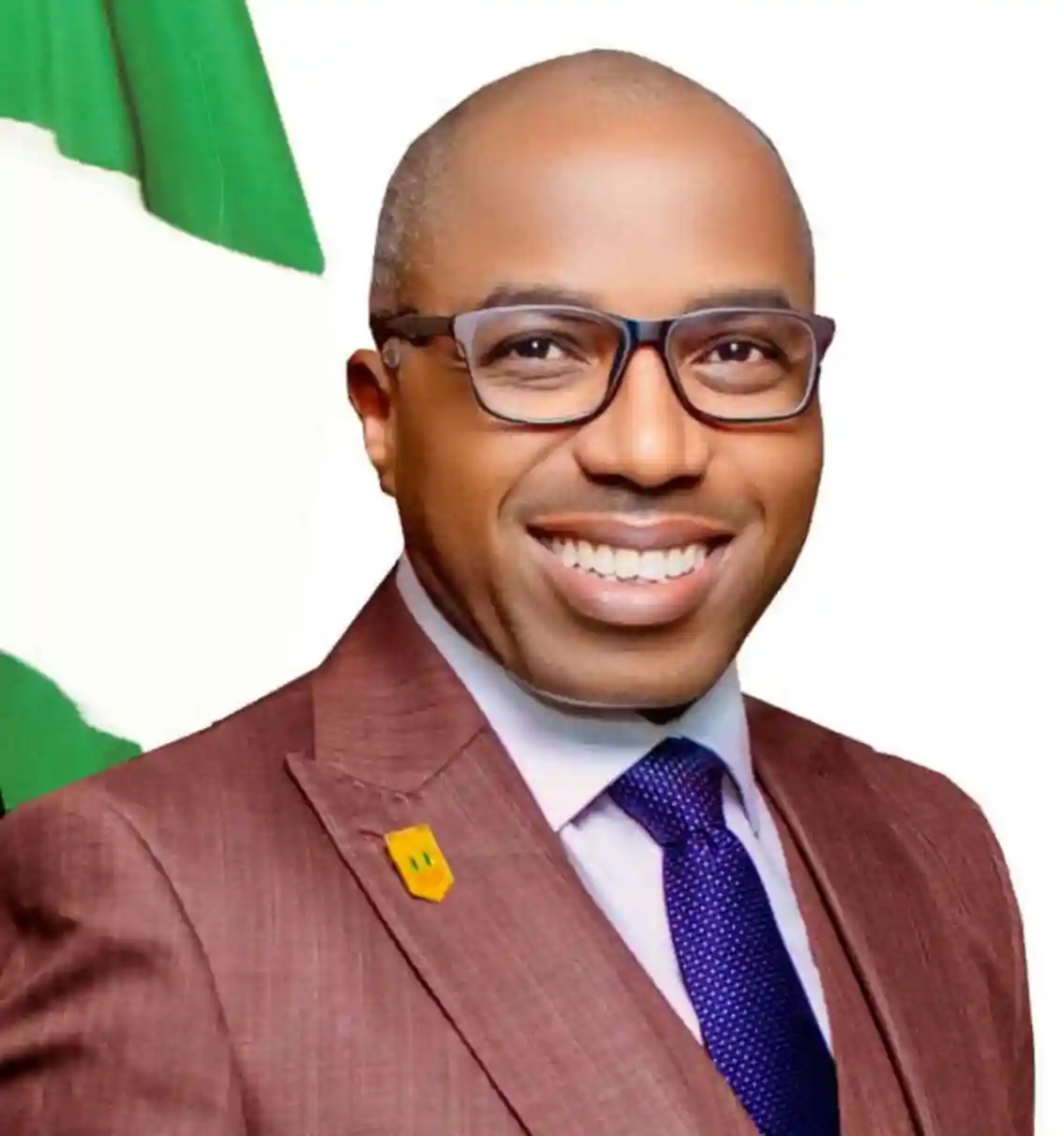The Federal Government has inaugurated a high-level committee to develop a new strategic plan aimed at repositioning Nigeria’s oil and gas sector in line with the Petroleum Industry Act (PIA) 2021, the National Development Plan (NDP) 2021–2025, and the Nigeria Agenda 2050.
Speaking at the inauguration in Abuja on Tuesday, October 21, 2025, the Permanent Secretary, Ministry of Petroleum Resources, Dr. Emeka Vitalis Obi, mni, said the move is part of ongoing efforts to strengthen institutional coordination, ensure accountability, and deliver measurable outcomes across the oil and gas value chain.
Dr. Obi explained that upon assumption of duty, he observed the absence of a consolidated and forward-looking sectoral strategic plan that clearly articulates the Ministry’s priorities, performance benchmarks, and accountability frameworks. He emphasized that the new direction will align with the Federal Government’s economic recovery and diversification agenda.
He noted that although the oil and gas sector contributes about 6.4 percent to Nigeria’s Gross Domestic Product (GDP) and accounts for over 85 percent of export earnings and 50 percent of fiscal revenues, it remains faced with major challenges such as infrastructure decay, declining crude oil production, and the impact of global energy transition. According to him, Nigeria’s production currently averages around 1.45 million barrels per day, below the OPEC quota of 1.8 million barrels per day.
Dr. Obi stated that the new strategic plan will serve as an operational guide to reposition the Ministry and its agencies for sustainable growth, improved performance, and stronger inter-agency coordination among stakeholders including the Nigerian National Petroleum Company Limited (NNPCL), Nigerian Upstream Petroleum Regulatory Commission (NUPRC), Nigerian Midstream and Downstream Petroleum Regulatory Authority (NMDPRA), Petroleum Technology Development Fund (PTDF), Nigerian Nuclear Regulatory Authority (NNRA), Nigerian Content Development and Monitoring Board (NCDMB), and Petroleum Training Institute (PTI).
According to him, the plan will integrate key reforms under the PIA and define measurable performance indicators in areas such as gas monetization, domestic refining, energy transition, and fiscal optimization. It will also align with President Bola Tinubu’s Renewed Hope Agenda, focusing on economic diversification, job creation, and energy access.
Dr. Obi added that the plan would prioritize stabilizing upstream production, expanding midstream infrastructure, promoting transparency in the downstream market, deepening local content and skills development, and establishing digital governance systems using data analytics and real-time performance monitoring.
He disclosed that the committee is expected to produce a comprehensive Strategic Plan for 2025–2030, a Petroleum Sector Road Map, and a Monitoring and Evaluation Framework that will guide policy implementation, budgeting, and stakeholder engagement within the Ministry of Petroleum Resources and its agencies.
Obi urged members of the committee to show patriotism, creativity, and diligence in carrying out their assignments. He described the initiative as a legacy project that will strengthen policy implementation and reposition Nigeria as a competitive player in the global energy sector. “The plan we envision must speak to our realities, leverage our opportunities, and position Nigeria as a competitive player in the evolving global energy landscape,” he said.
The committee members include Director of Planning, Research and Statistics, MPR, Usman Abdulkadir, who serves as Chairman; Tende D. A, Engr. Oladipo Agboola, Dahiru Abdullahi, Oge Osuji, Ladi Orokpo, Ikpeme Peter, Dr. Uranta Kingsley, Ogidikpe Ayauge, Ajogi B. Omasa, Luka Timothy Agyo, and Ali Lenkat Amos.
From the agencies under the supervision of the Ministry of Petroleum Resources, members include Dr. Omafume Orji (PTI), Ahmed Adam (PTI), Zainab Okwuer (NNRA), Hadiza Ahmed (NNRA), Orji Colins (NNRA), Imasuen W. A (NUPRC), and Aloga M. O (NUPRC).
In his remarks, the Director of Planning, Research and Statistics and Chairman of the Committee, Mr. Usman Abdulkadir, said the initiative is in line with the government’s directive to craft a forward-looking strategic plan that reflects the priorities of President Bola Ahmed Tinubu’s Renewed Hope Agenda.
He stated that the composition of the committee was designed to ensure inclusiveness, institutional ownership, and broad-based expertise across all agencies and departments within the Ministry. Abdulkadir also reaffirmed the committee’s commitment to delivering a practical and realistic framework that will strengthen Nigeria’s oil and gas governance and enhance transparency, accountability, and sustainable energy development.

